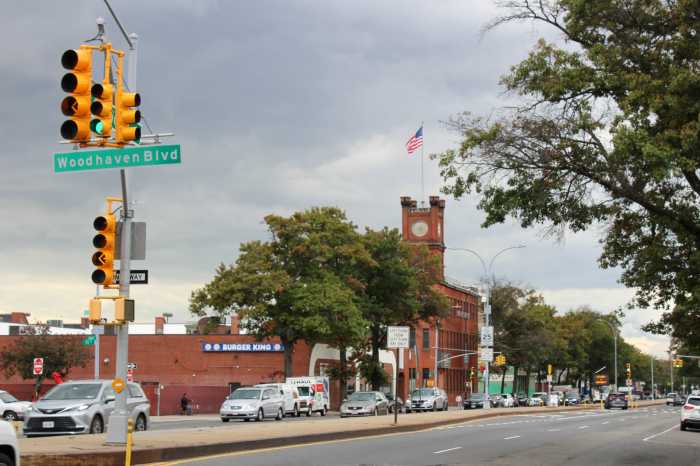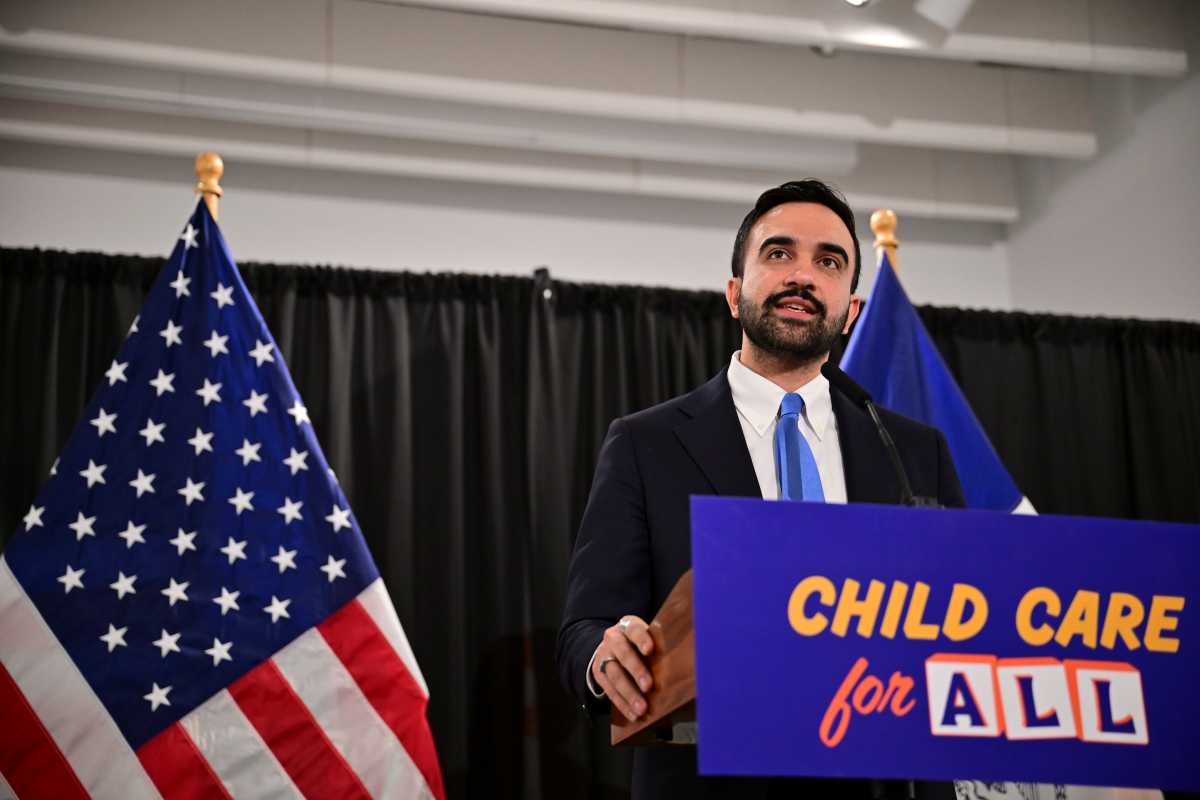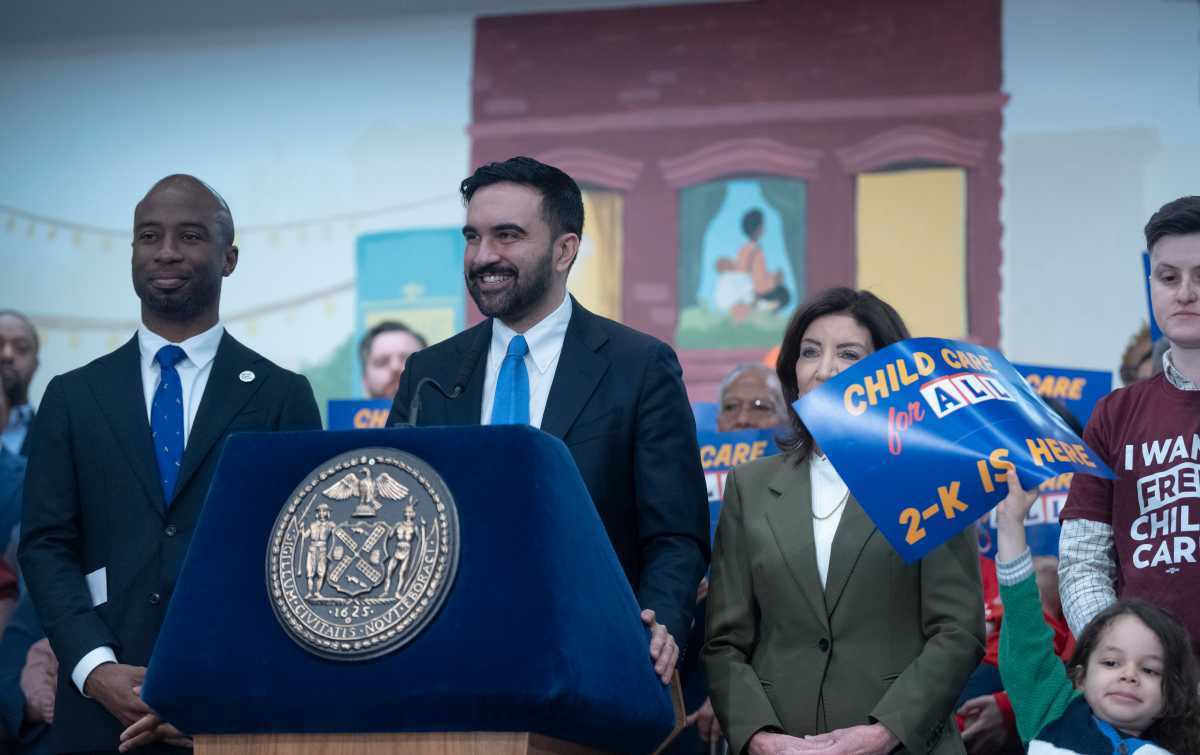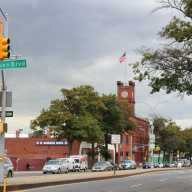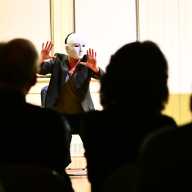BY ANNIE WILKINSON
It’s said that the third time works the charm, a phrase that proved true during the recent presidential election: For the third time, a woman ran for the vice presidency, and for the first time, a woman won. U.S. Sen. Kamala Harris (D-Calif.) made history in November 2020 by being chosen the country’s first woman vice president.
In her acceptance speech honoring women candidates, Harris said she stands on their shoulders: “I reflect on their struggle, their determination and the strength of their vision, to see what can be, unburdened by what has been.”
Before Harris, Alaska Gov. Sarah Palin, a Republican, was the second female to run for the office in the 2008 presidential election; her bid failed.
But 24 years earlier, in 1984, a tough New Yorker campaigned, the first woman to gamble on becoming VP: Geraldine Anne Ferraro. The New York Times described how Ferraro “rocketed to national prominence, propelled by fervid feminist support, a spirited and sometimes saucy personality, and canny political skills.”
THE CANDIDATE
Ferraro was born in Newburgh, N.Y., in 1935. Her single mother was a determined Italian immigrant who earned money to send her daughter to good schools by crocheting beads on wedding dresses.
The child excelled early, skipping sixth through eighth grades and earning a scholarship to Marymount Manhattan College at 16. After her 1956 graduation, she taught elementary school in New York City’s public schools. But she sought more: Although female attorneys were rare, she took night classes at Fordham University and earned her law degree in 1960. She married real estate broker John Zaccaro a week later. Working at his law firm part time while raising three children, she spent time with the family at a vacation home in the tiny Village of Saltaire on Fire Island.
In 1974 Ferraro was hired by her cousin, then-Queens District Attorney Nicholas Ferrarro, as an assistant district attorney, then transferred to the new Special Victims Bureau investigating sex crimes and child abuse; she earned praise for tenacity and talent in the courtroom, but found the work draining. Citing unequal pay at the district attorney’s office, she left in 1978 to explore politics: the Ninth Congressional District.
Running on a successful platform emphasizing her Italian background, increased law and order, supporting the elderly, and neighborhood preservation, “Gerry” Ferraro became the first Congresswoman from Queens and was re-elected twice. She was seen as the new face of feminism who used her own last name professionally. “Her subsequent rise to prominence helped popularize the use of ‘Ms.’ as a title,” wrote cityandstateny.com.
As another first, in 1984, Ferraro was the first woman to chair the Democratic Party Platform Committee. The headlines exploded when Democratic presidential candidate Walter Mondale picked her as his running mate against incumbent Republican President Ronald Reagan.
Mondale later wrote, “I thought that putting a woman on a major-party ticket would change American expectations, permanently and for the better.” At the time, Ferraro said, “If a woman can be vice president of the U.S., what job is there that a woman cannot do?”
Ferraro’s plain-talking, visionary acceptance speech is remembered as one of history’s finest political speeches, laying out what she stood for: pro-labor, reproductive rights, social support systems for the elderly.
She said, “It isn’t right that every year, the share of taxes paid by individual citizens is going up, while the share paid by large corporations is getting smaller and smaller,” and “It isn’t right that a woman should get paid 59 cents on the dollar for the same work as a man. It isn’t right that — if trends continue — by the year 2000 nearly all of the poor people in America will be women and children.”
SURVIVING SCANDAL
Her candidacy was derailed three weeks after that speech by accusations against her husband.
The accusers’ ammunition fueled attacks tying him to organized crime, tax evasion, illegal loans, building violations and more, all exacerbated by his delay in releasing his income tax returns. Some blamed anti-Italian-American sentiment; then-Washington Post editor Ben Bradlee later told the Los Angeles Times, “I don’t think the press … would have put that kind of energy into it if we’d been talking about somebody called ‘Jenkins.’”
While most of the allegations were unfounded, the party’s damage control machine failed to polish her tarnished reputation. President Reagan and Vice President George H.W. Bush won in a landslide.
After that, Ferraro ran for the Senate twice but won neither race. She was appointed U.S. ambassador to the United Nations Human Rights Commission by President Bill Clinton and campaigned for Presidential hopeful Hillary Clinton. She co-hosted CNN’s political talk show “Crossfire” for two years.
She and her husband were married for 50 years. She died of cancer at 75 in 2011, five years before their son John Zaccaro Jr. was elected mayor of Saltaire in 2016, a position he still holds.
This story originally appeared on longislandpress.com.


